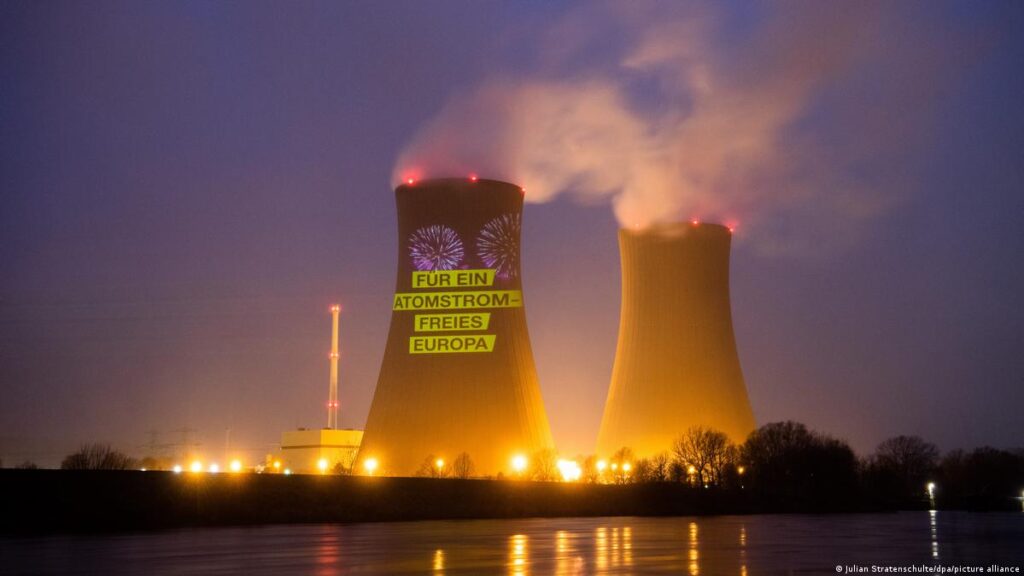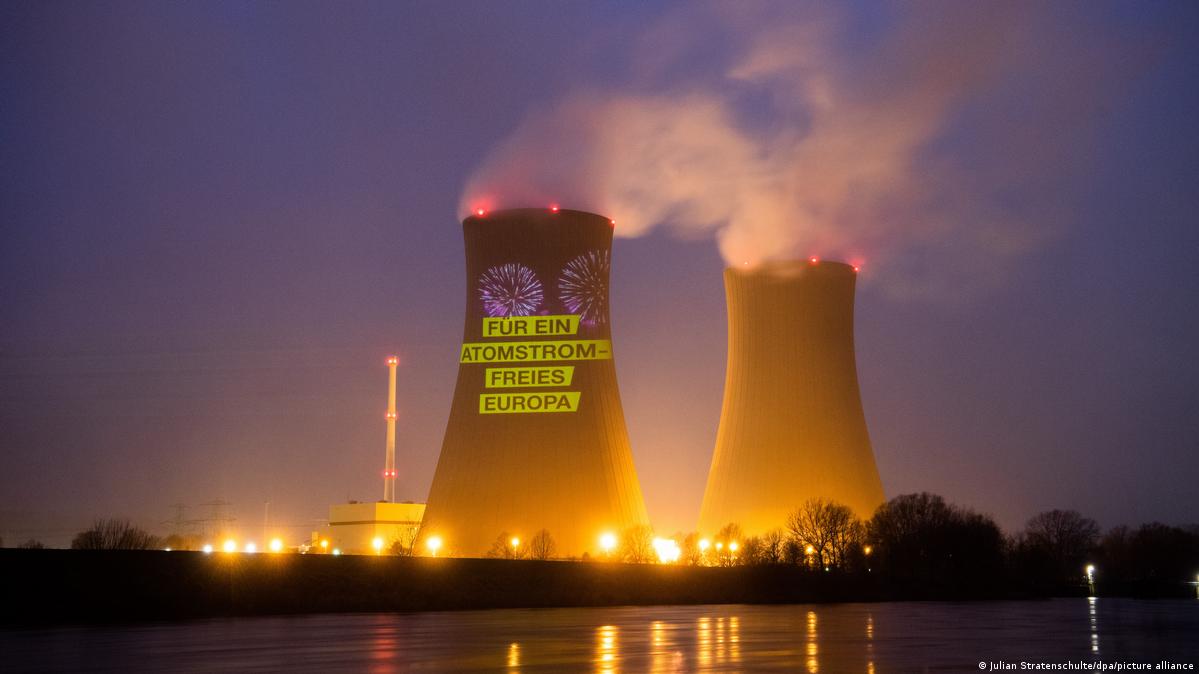The German parliament approved the extension of the life of nuclear facilities.

On Friday, the German Bundestag voted in favor of keeping Germany’s three remaining nuclear plants operational until April.
Germany’s original goal was to be completely nuclear-power-free by the year 2022. The extension was mandated in October by Chancellor Olaf Scholz in response to impending energy shortages caused by Russia’s invasion of Ukraine.
The extension is based on a change to Germany’s Atomic Energy Law, which was up for a vote in parliament. The changes make it crystal clear that no further extensions will be granted after April.
On Friday, Environment Minister Steffi Lemke said to RTL that the legislation “clearly states that the shutdown will take place on April 15.”
The three nuclear facilities are located in the states of Bavaria, Isar 2, and Emsland, all in the northwestern part of Germany, and Neckarwestheim 2, in the southwest part of Baden-Württemberg.
The draught law allegedly stated that “the safety of the [nuclear] systems is continuously ensured at a high level by comprehensive state supervision.” This was reported by the German broadcasting company ZDF.
ZDF reported, citing the draught law, that due to “the extremely short period of continued operation,” a thorough periodic safety review, typically carried out every 10 years, would not be run on the three plants.


